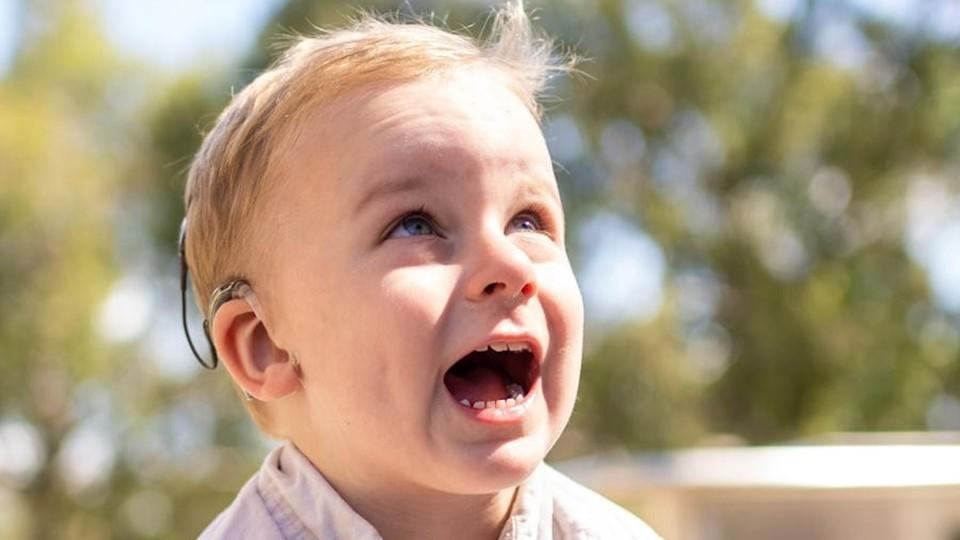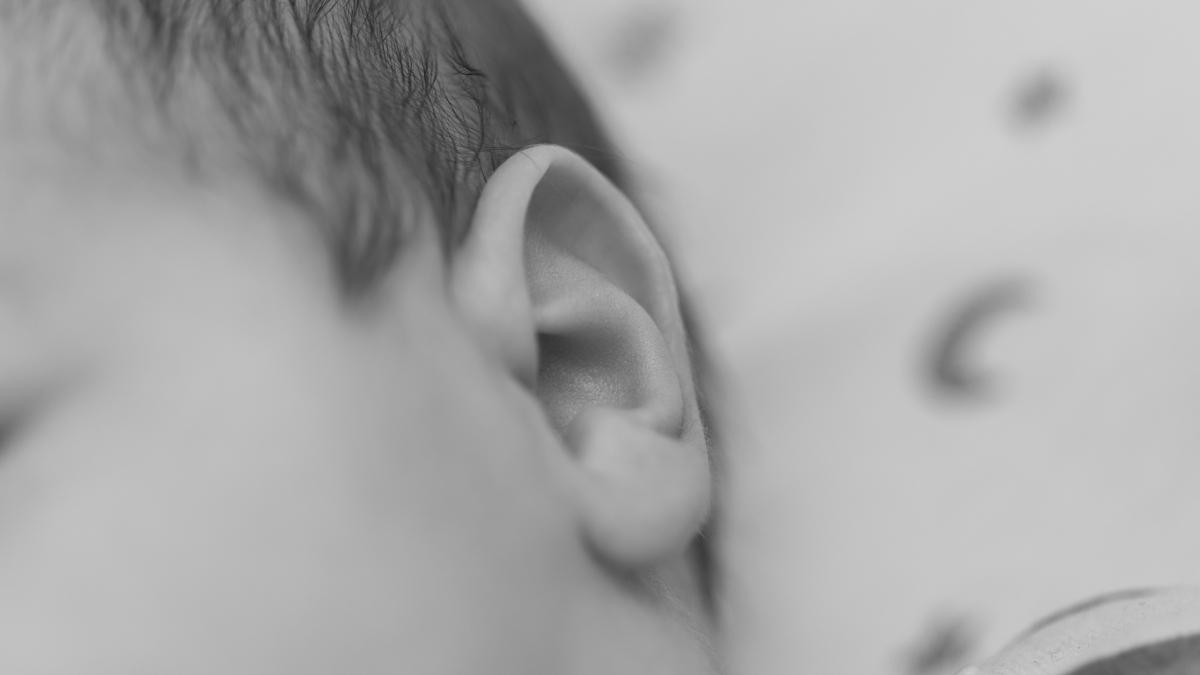Regeneron gene therapy restores hearing in deaf child

Regeneron’s gene therapy for otoferlin-related hearing loss – a genetic cause of deafness – has restored hearing to normal levels in one profoundly deaf child within just 24 weeks.
The result comes from a phase 1/2 study of the company’s experimental adeno-associated virus (AAV) gene therapy DB-OTO and was seen in a child who was born deaf and treated at 11 months of age.
A second child in the trial, treated at age four, has also shown improvements in hearing after six weeks, according to data presented at the American Society of Gene and Cell Therapy (ASGCT) annual conference.
DB-OTO is designed to correct the mutations in the otoferlin gene OTOF, which codes for a large protein expressed in hair cells in the cochlea (inner ear) that is involved in the process of transmitting sound into neuronal signals.
In the ongoing CHORD trial, children receive a single intracochlear injection of DB-OTO in one ear, with the other ear serving as a control. The 11-month-old child is one of the youngest ever to be treated with a gene therapy for inherited deafness, according to Regeneron.
At the start of the study, both children showed no reaction to sounds delivered at maximum levels of 100 decibels or more, and there was no evidence of a signal reaching the hearing centres of the brain using electrophysiological auditory evoked response (ABR) testing.
There was an average 85-decibel improvement in the ability to hear key speech frequencies in the younger child and an average 19-decibel improvement in the four-year-old at the data cutoff point.
“The opportunity of providing the full complexity and spectrum of sound in children born with profound genetic deafness is a phenomenon I did not expect to see in my lifetime,” said otolaryngology specialist Lawrence Lustig of Columbia University, who is one of the CHORD investigators.
“With the DB-OTO CHORD trial now enrolling participants in sites across the US, and Europe, we’re part of the beginning of a new era of gene therapy research that looks to create treatment options that address the root cause of profound genetic deafness,” he added.
It is the second encouraging data from a clinical trial of a gene therapy for otoferlin-related hearing loss this year, coming after Eli Lilly reported similarly impressive results with its AK-OTOF therapy – acquired as part of its $610 million takeover over Akouos in 2022 – in January. An 11-year-old boy saw his hearing restored to normal ranges within a month of a one-shot administration of the therapy.
OTOF is mutated in around 1% to 5% of cases of sensorineural hearing loss (SNHL), and is the most common form of deafness, affecting up to two per 1,000 newborns. The success of the approach raises hopes that it could be adapted easily to other genetic forms of hearing loss.
Regeneron acquired DB-OTO as part of its $109 million acquisition of Decibel Therapeutics last year. Meanwhile, French biotech Sensorion is running a phase 1/2 trial of its SENS-501 (OTOF-GT) candidate and has a candidate for GJB2-related hearing loss in preclinical development.
Photo by Zoe Graham on Unsplash













